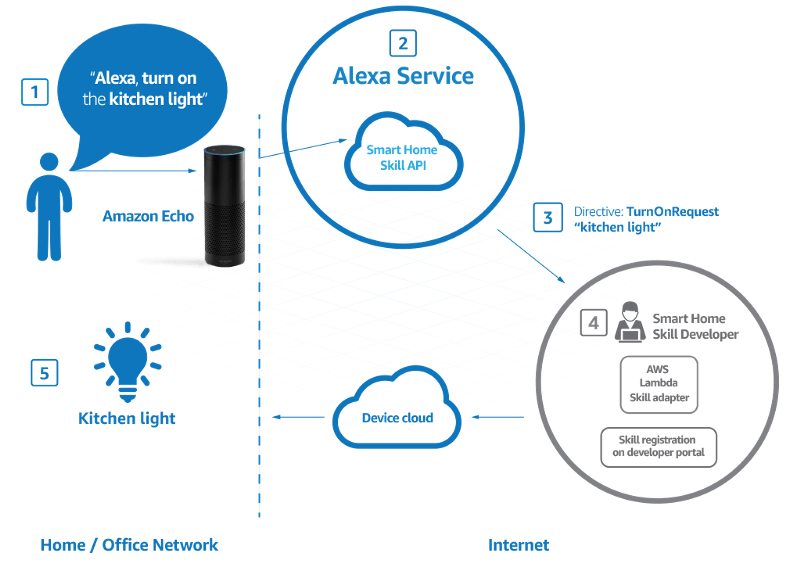
Natural Language Processing (NLP) is a type of artificial intelligence that enables computers to understand human language and help business performance. It’s how we’re able to communicate with intelligent devices and programs. Website chatbots, translator apps, and smart home technology already use natural language processing but it’s taking time for businesses to realize the true value of NLP.
Much like machine learning, natural language processing takes in new data and responds to it, like Siri does when you ask for the nearest restaurants. But unlike the other branches of AI, natural language processing is literally conversational. It’s one of the core foundations for those talking robots we keep seeing, such as Little Sophia, the younger “sister” of Sophia.

Hanson Robotics – Little Sophia
But unless you’re working on robotics AI, you should be using natural language processing as a way to optimize performance. Natural language processing is fundamental to customer engagement and retention. Most businesses aren’t utilizing NLP, subsequently missing out on profitable opportunities.
How does it work?
In a general scope, AI looks for patterns via algorithms (designed by humans) within incredibly large data sets. This smart analysis processes more data than any human is capable of with incredible accuracy (so long as our algorithms are carefully constructed). With NLP, the AI software finds meaning in patterns of speech by intaking textual data and then parroting human conversation. AI will translate words by comparing them to its own memory database, identifying patterns/combinations/context, and then produce a human-like response. In reality, AI is a very complex field and the development requires a lot of testing, but consider it an investment.
That’s how Amazon’s home system Alexa works. When you speak commands, it picks up on the structure of words (and by calling it “Alexa”). Alexa is seen as an innovative home system that has sold over 20 million times last year alone and has over 30,000+ skills in less than 1.5 years that continues to grow. In fact, natural language processing uses every interaction and data set to hone accuracy.
This doesn’t mean the technology is perfect, it just means that natural language processing is constantly evolving and adapting to complement business efforts. On the customer end, we simply contribute to the growth by providing data. Every interaction becomes a learning experience for AI that eventually leads to better user experience.
What does it do for business?
AI assistants have been around for what seems like ages in the tech world, but it has more potential outside of the home. Any kind of conversation computation is a data goldmine for organizations. Textual data in large data sets are close to impossible to analyze and hold so much value. The smart tactic is to use natural language processing and its processing power to comb through everything. You get actionable insights that improve brand performance, marketing tactics, revenue, etc. Meanwhile, the rate of customer engagement increases because tools like chatbots provide fast response and live data, not only improving user experience but also providing better contextual data for marketing. Or customers get better recommendations they’re more likely to buy. These are only the most practiced NLP solutions currently in use so they sound much simpler than a robot. However, the potential still stands. NLP creates a self-learning model that continues to evolve with every interaction. That means user experience, campaigning, advertising, etc can only get better at every turn, maximizing AI performance and results. NLP even analyzes public sentiment by reading and picking up on literal and implied opinions. Social media comments, articles, reviews, and any other written text can be analyzed. The science behind it is undoubtedly complex, but that’s why NLP results in equally detailed insights.
How you Explore NLP and see what it can do for you.

